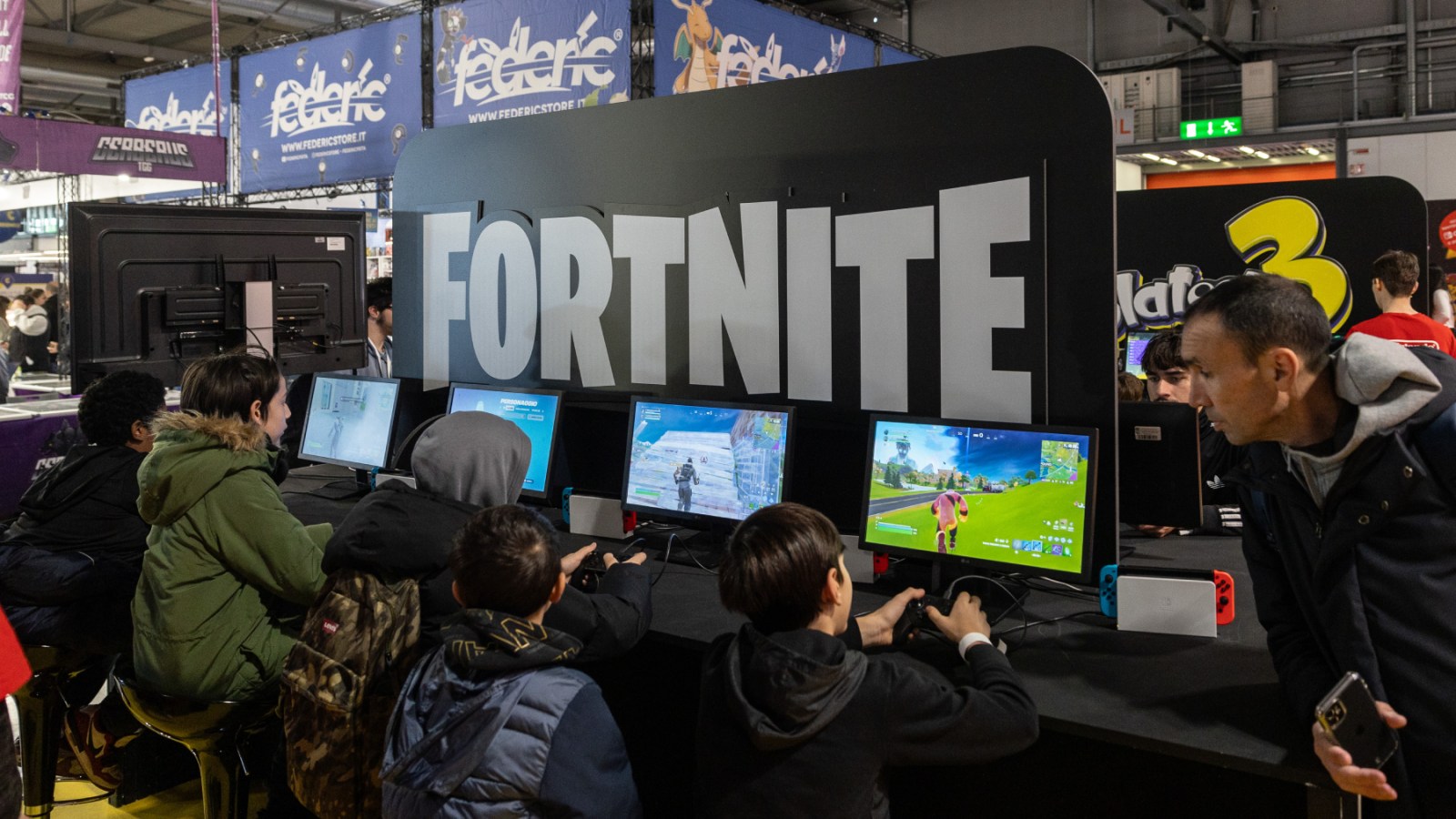A significant legal battle is unfolding in the digital entertainment landscape as choreographer Felix “Fefe” Burgos has initiated a lawsuit against Epic Games, the creators of the globally popular video game “Fortnite.” Burgos alleges that his distinct dance moves, originally choreographed for Rauw Alejandro’s acclaimed music video “Touching the Sky,” were unlawfully transformed into an in-game emote and subsequently sold to millions of players without his explicit consent or appropriate compensation. This case reignites a crucial debate surrounding intellectual property rights within the rapidly evolving intersection of creative arts and the video game industry.
The specific “Fortnite” emote at the heart of the dispute, strikingly named “Touching the Sky” to match Alejandro’s hit song, became available to players earlier this year for 500 in-game V-Bucks. These emotes, a staple feature of “Fortnite,” allow players to customize their avatars with unique dance sequences and animations, making them highly desirable digital collectibles. The seemingly innocuous in-game item has now become the focal point of a major Fortnite lawsuit, bringing copyright issues to the forefront of the gaming world.
In their legal filing, Burgos’s attorneys contend that Epic’s use of the choreography constitutes “brazen infringement” and is “undeniable,” presenting compelling evidence to bolster their claims. To illustrate the alleged unauthorized appropriation, a side-by-side video comparison was created, meticulously showcasing the Fortnite emote performing the identical choreography sequence alongside a section from the original “Touching the Sky” music video. This visual evidence aims to clearly demonstrate the direct copying of Burgos’s creative work.
Crucially, the lawsuit highlights that Felix Burgos had formally registered his “Touching the Sky” choreography with the U.S. Copyright Office in 2024, a strategic move made around the time the music video, which has since amassed over 9 million views, was released. Despite this official registration, Burgos asserts that Epic Games failed to seek his authorization or consent to utilize his unique dance copyright and, furthermore, did not provide any form of compensation for its widespread use. This absence of permission and payment forms the bedrock of his legal challenge.
The complaint elaborates on Epic’s alleged business practices, stating that the company has “made a fortune from unlawfully and unfairly misappropriating Burgos’s and other artists’ creative expression and likeness without crediting or compensating these artists.” Burgos’s legal action is thus aimed not only at preventing Epic from further exploiting his registered choreography but also at recovering the profits he believes are rightfully owed to him, setting a precedent for protecting choreography rights in the digital age.
This is not the first instance of Epic Games facing legal scrutiny over alleged dance copyright infringement. The company has previously been embroiled in similar controversies, notably in 2018 when rapper 2 Milly accused “Fortnite” of appropriating his viral “Milly Rock” dance. Although that particular lawsuit was eventually dropped, it underscored a growing concern among artists regarding their intellectual property in the gaming realm. More recently, choreographer Kyle Hanagami also pursued legal action against Epic, alleging that a short section of his choreography, created for a Charlie Puth music video, was turned into an emote.
While Hanagami and Epic ultimately reached a mutual agreement to conclude their lawsuit last year, the case was pivotal in establishing new legal precedent for how intellectual property claims involving choreography should be analyzed. Initially, a district judge dismissed Hanagami’s suit, ruling that the brief series of “poses” did not warrant copyright protection. However, the Ninth Circuit Court of Appeals reversed this decision, emphasizing the necessity of a more holistic perspective when evaluating such claims, stating that “Reducing choreography to ‘poses’ would be akin to reducing music to just ‘notes.’” This ruling, along with other similar legal challenges, has significantly “alerted the public at large of the existence of copyright protection for choreography,” encouraging choreographers like Burgos to proactively register their artistic creations. The ongoing litigation against Epic Games is a critical moment for creators seeking to safeguard their work from unauthorized digital commercialization, particularly for artists like Rauw Alejandro whose artistic contributions directly inspire such contentious digital assets.






Leave a Reply